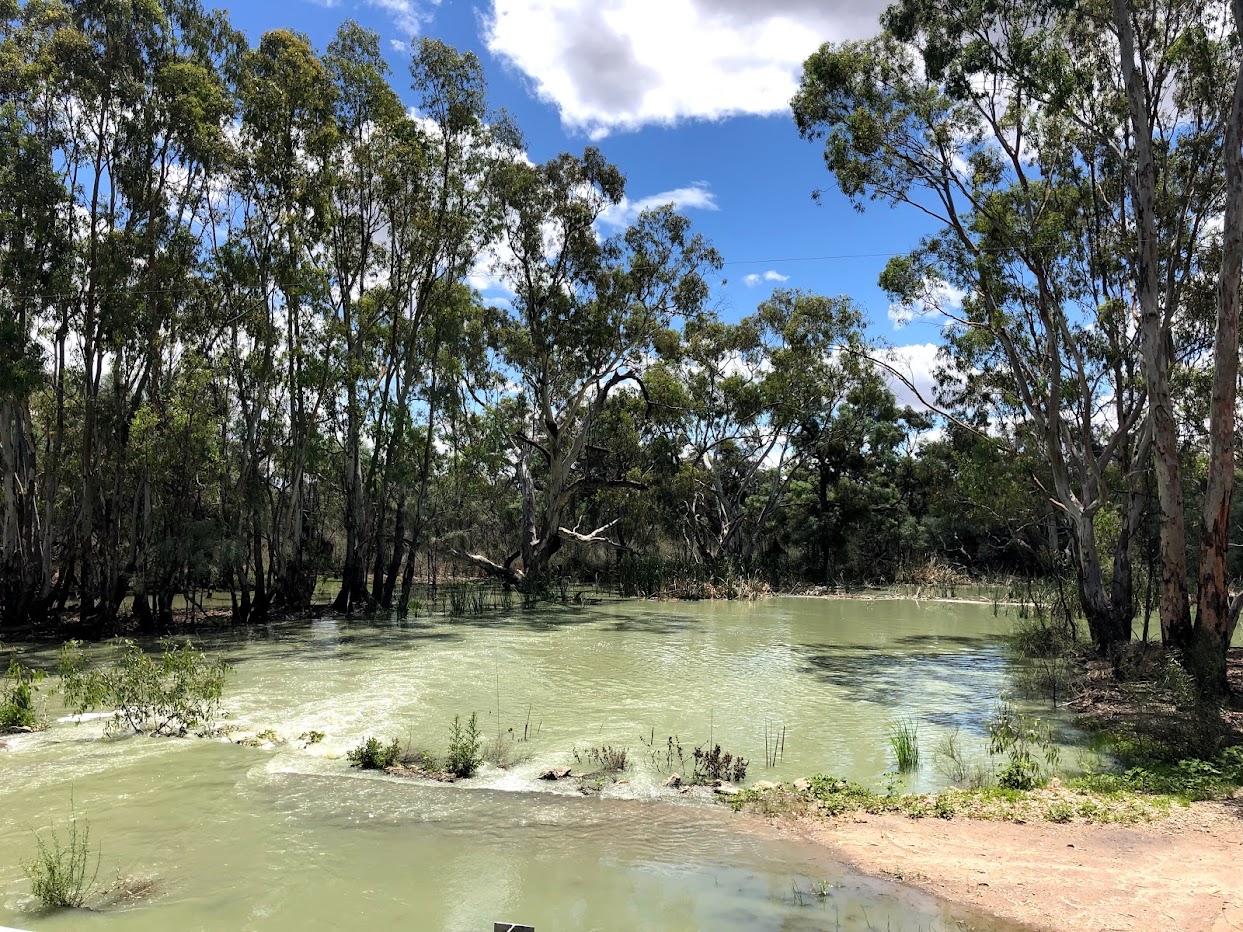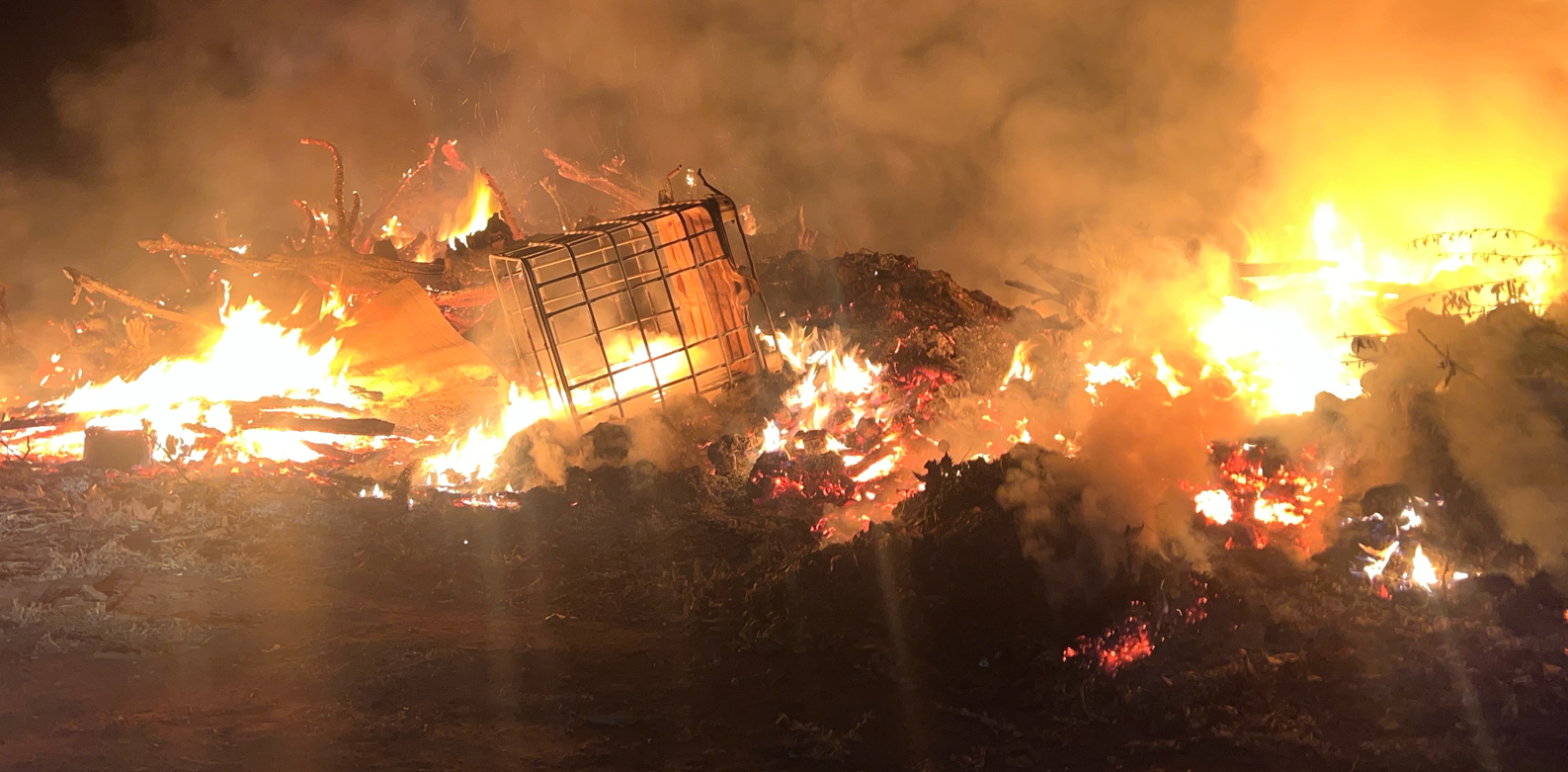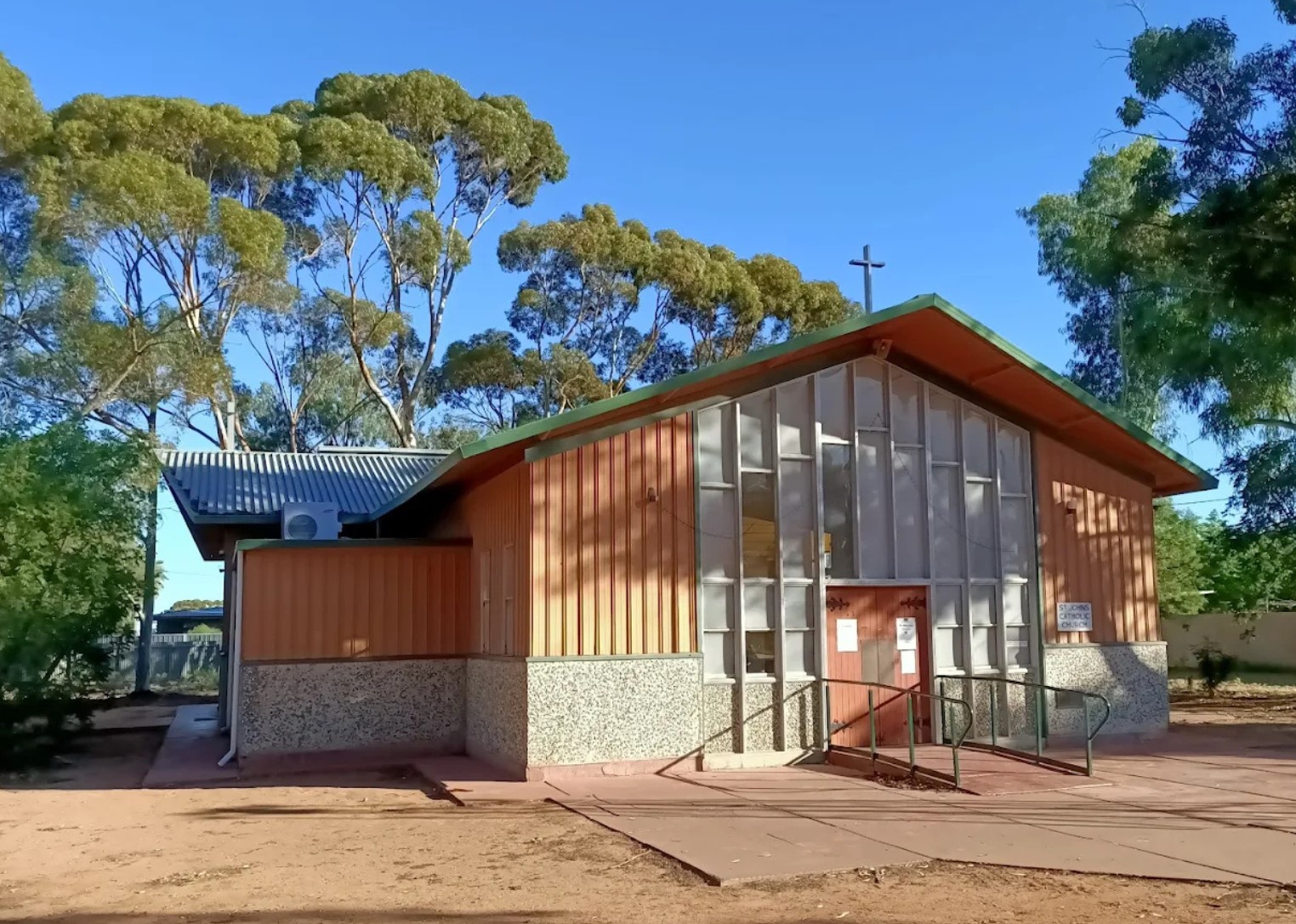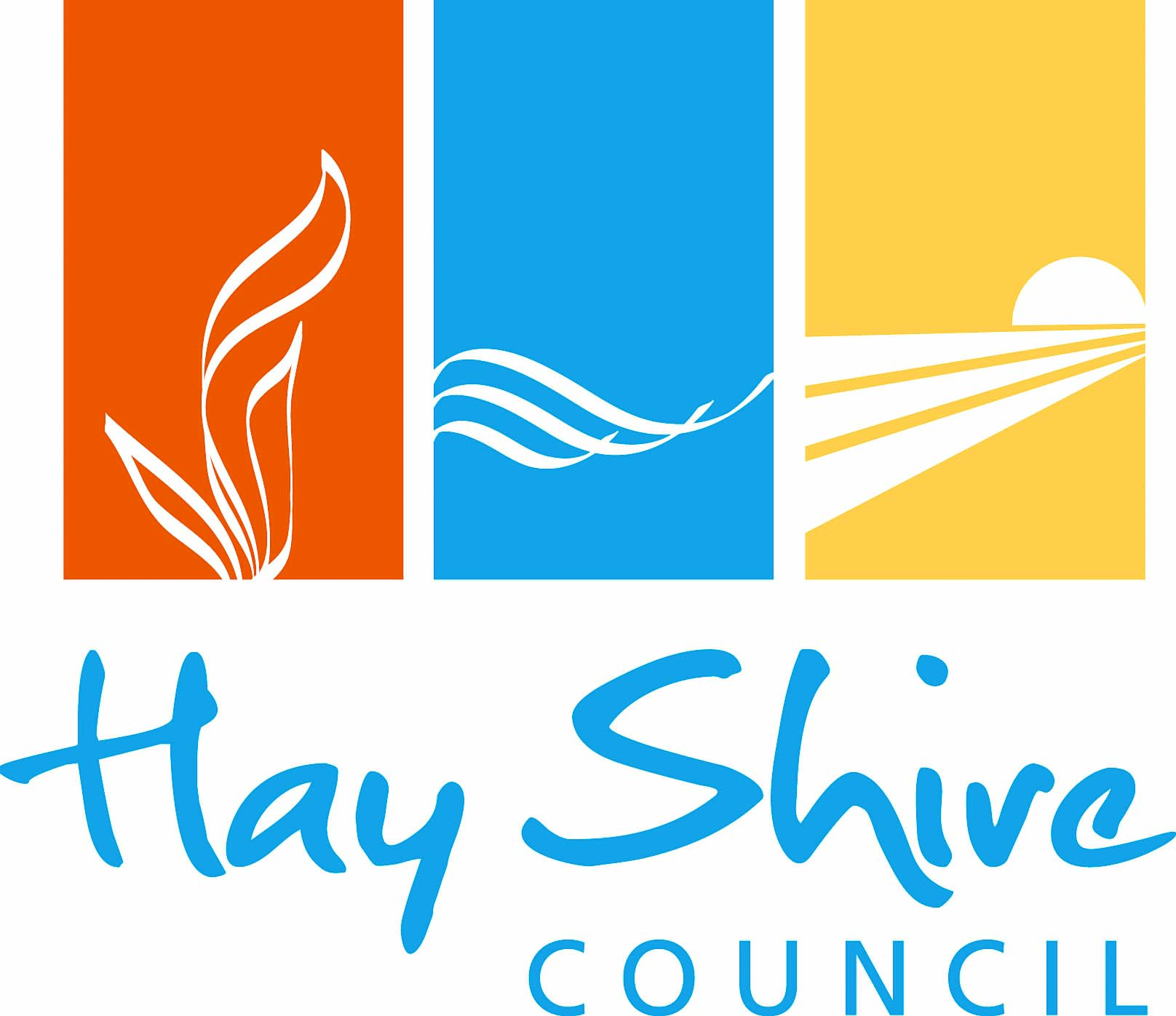It's been one year since coercive control laws came into effect
Kimberly Grabham
04 July 2025, 2:00 AM

One year on: coercive control laws start to change the conversation
Picture this: you're scrolling through your phone when a message pops up from your partner asking where you are, who you're with, what you're wearing. Again. It might seem caring at first glance, but for many Australians, this constant monitoring has become a daily reality that leaves them feeling trapped and afraid.
It's been twelve months since NSW made coercive control a criminal offence, and while the law is still finding its feet, it's already starting to shift how we understand domestic violence.
"But I've never been hit," is something support workers hear regularly from people calling helplines.
It's a phrase that cuts to the heart of why these new laws matter so much.
The truth is, coercive control doesn't always leave visible bruises.
Instead, it works through a pattern of behaviours designed to scare, isolate, and dominate.
It might look like love bombing in the early stages of a relationship – the excessive gifts, flattery, and pushing for quick commitment that feels romantic but is actually about gaining control.
From there, it can evolve into something much darker.
The shaming starts – degrading comments, sharing private information, making jokes at someone's expense until their dignity feels stripped away.
Then comes the gaslighting, where victims are told they're imagining things, that they're too sensitive, that what they experienced didn't really happen.
Financial abuse is another common thread. Partners might be prevented from working, forced to hand over their wages, or have money hidden from them.
Some are made to quit their jobs entirely, creating complete financial dependence.
The NSW legislation defines coercive control as using abusive behaviours towards a current or former partner with the intention to coerce or control them.
Importantly, it recognises that this kind of abuse doesn't require physical violence to cause serious harm.
Detective Inspector Sarah Thompson from the NSW Police Force Domestic Violence Unit says the law has given officers new tools to intervene earlier.
"We're seeing cases where we can now take action before the violence escalates," she explained.
"It's about recognising the pattern of control that often precedes physical assault."
The law has also prompted important conversations in communities across NSW.
Local domestic violence services report more people reaching out for help, often because they've finally got words to describe what they've been experiencing.
For those who recognise themselves in these descriptions, support is available.
The NSW Domestic Violence Line (1800 656 463) operates 24 hours a day, while 1800RESPECT (1800 737 732) provides national counselling and information services.
MensLine Australia (1300 789 978) offers support specifically for men, and 13 Yarn (13 92 76) provides culturally appropriate services for Aboriginal and Torres Strait Islander people.
The NSW Police Force has also developed a free app called "Empower You" that helps victims document incidents safely and connects them with support services. It's available through both the App Store and Google Play.
While the legislation marks an important step forward, advocates stress that changing entrenched patterns of abuse takes time.
The real test will be how effectively the law is implemented and whether it translates into meaningful protection for those who need it most.
For anyone reading this who sees their own relationship reflected in these warning signs, remember that help is available.
Domestic violence can happen to anyone, regardless of age, background, or circumstances. What matters is taking that first step toward safety and support.
As one survivor put it recently, "Having a name for what I was going through changed everything. It wasn't all in my head – it was real, and it was wrong."
In a crisis, call Triple Zero (000).
Support Services:
Emergency: Triple Zero (000)
NSW Domestic Violence Line: 1800 656 463
1800RESPECT: 1800 737 732 | 1800respect.org.au
MensLine Australia: 1300 789 978 | mensline.org.au
13 Yarn: 13 92 76 | 13yarn.org.au
NEWS
SPORT
RURAL
COMMUNITY















